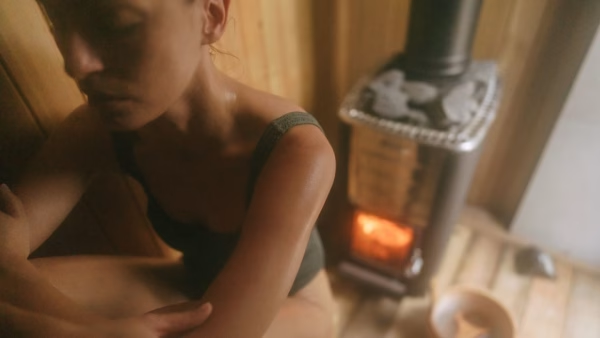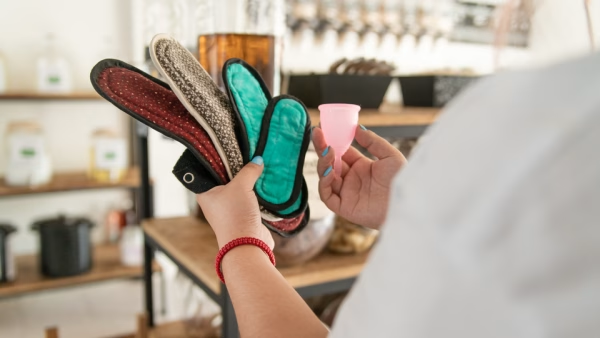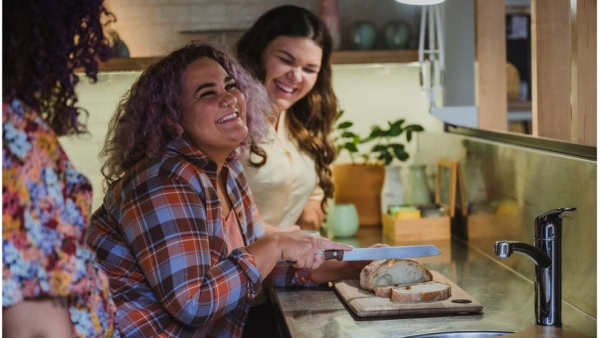10 safety tips for international students
Basic safety tips to follow if you're visiting Australia


One of the best things about travelling in Australia is its relaxed, no-stress vibe. Crime rates are low and the locals are more than willing to help you out if you get stuck. As with any foreign country, however, there are some things to watch out for.
Follow these basic safety tips and you’ll be able to enjoy everything Australia has to offer, from beautiful mountain ranges and amazing water sports to vibrant cities and nightlife.
1. Know Australian emergency contact details
In an emergency, call 000. It’s a free call and an operator will connect you to police, fire or ambulance.
2. Travelling at night
Most Australian cities have a lively nightlife, however there are a few things to keep in mind:
Pre-plan your trip home. Make sure you have enough cash for a taxi if necessary
Always travel on well-lit paths. If this means you must travel a slightly longer route, do it
If you’re nervous, ask a friend if they mind walking with you
When walking to and from public transport at night, be aware of who is in front and behind you; don’t be embarrassed to keep a distance
Never hitchhike. Ever
Avoid long waits for public transport by checking timetables first
Take the train carriage nearest to the driver at night, it’s generally the most crowded
If you feel unsure about taking a taxi, let the driver see you text a friend the taxi number first
The best thing you can do when travelling at night is to be aware of your surrounds. Never wear headphones or have your eyes on your phone instead of your environment.
3. Travelling solo
Australia is a safe place to travel alone even for female travellers. It’s a good idea to pre-book your accommodation, however, and always let someone know your travel plans.
4. Mind your belongings
Pickpockets are not as common as in most European cities, however it pays to keep an eye on your belongings and never travel with valuables or large amounts of cash. Keep your bag close, particularly in public places like libraries where pickpockets can operate.
5. Travelling to or hiking in remote areas
The Australian bush is beautiful, but big! Plan your walk, take enough water and always stick to the designated paths and stay behind safety barriers. One of the fun things about being a tourist is exploring new surrounds, however it’s very easy to get lost and many tourists get into trouble when they decide to head off-track.
Avoid walking on very hot days during bushfire season, and stay tuned to local radio warnings if a bushfire breaks out.
Wear sunscreen of SPF30+ or higher, year round, even on cloudy days and re-apply every two hours
6. Be careful at beaches and swimming holes
Australian beaches are beautiful, but they can be rough. Strong underwater currents called rips can quickly drag even experienced swimmers out to sea, and a quarter of all drownings happen to overseas tourists. Make sure you know the basics of identifying rips.
Only swim on beaches patrolled by lifeguards, and always swim between the two flags.
Never, ever dive into water when you can’t see the bottom, even at the beach. Australian water holes are notorious for causing serious injuries (or death) when people unfamiliar with the area dive into water that appears deeper than it actually is.
7. Practise sun safety
You only need to get burned once in Australia to ensure you practice good sun safety for life! The Australian sun is strong, much stronger than in Europe, Asia and the US. Wear sunscreen of SPF30+ or higher, year round, even on cloudy days and re-apply every two hours.
Covering up with a long-sleeved shirt and wide-brimmed hat in summer is also a good idea.
8. Be mindful of dangerous animals
This is a long list, but please don’t be alarmed! The chances of encountering a dangerous animal are low if you follow these precautions.
Sharks: Most Australian beaches are safe, however ask locals if you’re unsure. Swim between the flags on patrolled beaches, and behind shark nets if they’re available.
Crocodiles: The southern states are crocodile free, however a good rule of thumb is to assume that every river or estuary in far northern Australia has a crocodile in it, unless declared safe by a park ranger. Always observe safety signs and ask locals before camping or fishing close to a river.
Stingers and jellyfish: Stingers are common in the tropical parts of northern Australia. They’re seasonal, so from November to May you can only swim in stinger-resistant enclosures and always observe warning signs.
Snakes: As the saying goes, snakes are more scared of us than we are of them! Always wear protective footwear when walking through long grass, and if you do get bitten, stay calm, try not to move too much and call 000 immediately. Here is some more information on what to do if you are bitten by a snake.
9. Make sure you have your Overseas Student health cover
One of the best things you can do is get familiar with your insurance policy. That way if you do fall ill or get injured, you can rest assured you’re covered. Call nib to discuss your needs, and any extras you may want to include if travelling.
10. Medication and vaccinations
You probably won’t need any extra vaccinations to come to Australia, however speak to your doctor before you leave your home country to double check. You may be asked to declare any medications you’re bringing on arrival, so ensure you travel with a valid prescription from your doctor.
The science and benefits of sauna use
Do saunas have any actual health benefits or are they just a sweat-inducing hoax?
The best period products for your period
Every cycle is different, and the best period products for you may differ for someone else.
Your menstrual cycle – what’s healthy and what’s not?
No two menstrual cycles are the same, however, there are some general principles to keep in mind




